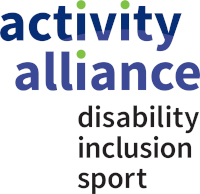Title
Active Lives adult survey: activity levels/mental wellbeing measures
Research Area
Tackling Inactivity
Author
Sport England
Summary of Findings
This report used the Active Lives survey (16-17) responses but examined the more qualitative measures alongside the quantitative headline figures. The researchers also linked external findings where relevant to provide a greater background knowledge.
They found that being physically active is positively linked with all four mental wellbeing measures (life satisfaction, happiness, feeling worthwhile and anxiety). Additionally those who were more active reported higher levels of self-efficacy and social trust. Those volunteering within sport reported more positively on the four mental well being measures as well as having greater self-efficacy and social trust. For those that were both active participants and volunteers within sports the results were even more positive across all measures.
The following factors were found to increase the likelihood of an individual reporting a high quality of life, high self efficacy and high social trust (percentages in brackets given for all three measures respectively):
- Member of a sports club (35%/26%/24%)
- Walking for leisure 2x a month (32%/14%/12%)
- Sporting activities 2x a month (29%/10%/25%)
- Being active for 150+ minutes a week (28%/57%/11%)
- Volunteering 2x a year (26%/39%/29%)
- Cycling for leisure 2x a month (24%/17%/25%)
- Being active for 30-149 minutes a week (13%/32%/14%)
Implications
Evidence of the benefit of physical activity on mental wellbeing.
.png)













